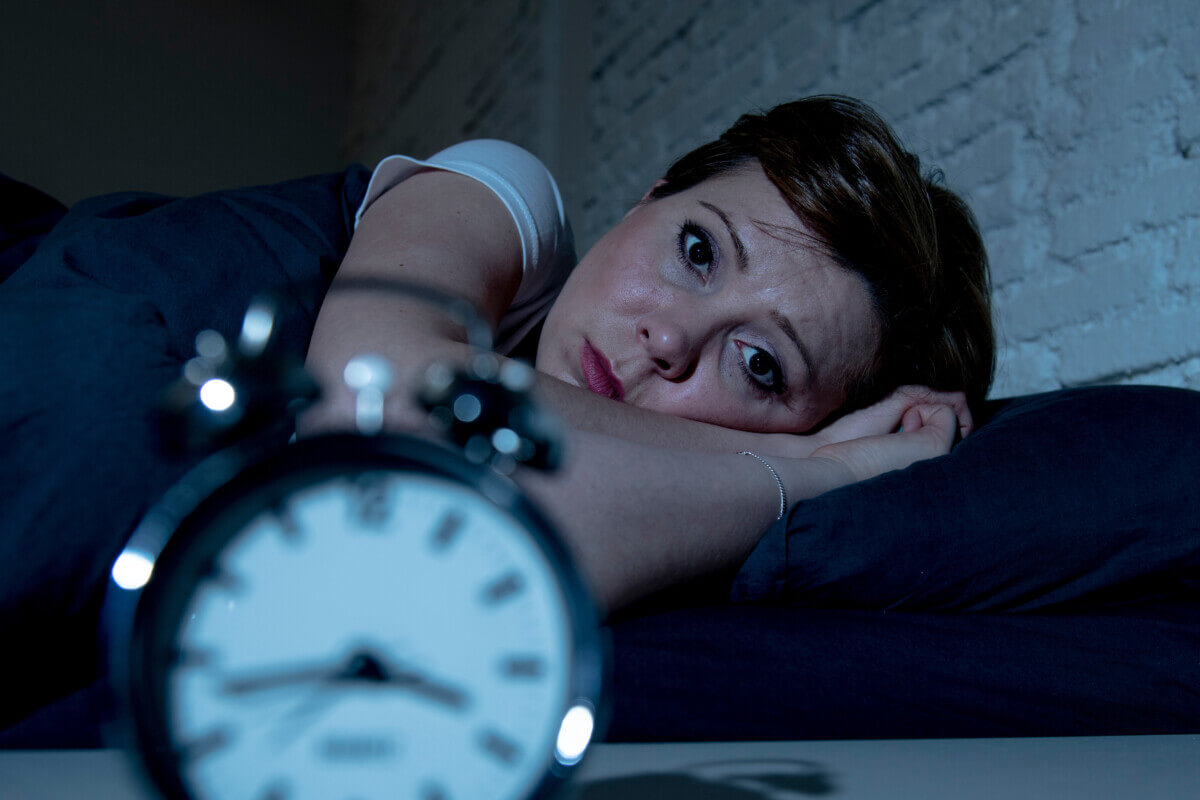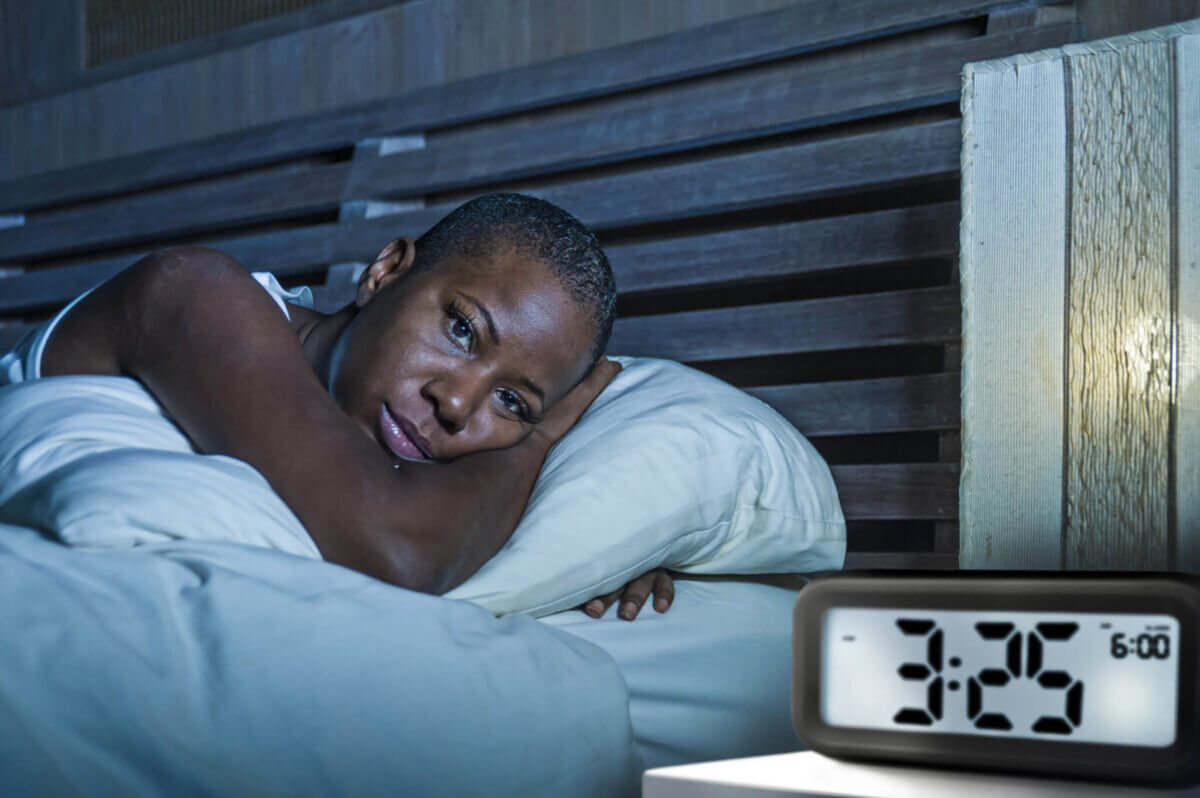
(© SB Arts Media - stock.adobe.com)
SYRACUSE, N.Y. — Getting good sleep could keep your brain healthy well into old age. A recent study shows that sleep-initiation insomnia (having trouble falling asleep), sleep-maintenance insomnia (having trouble falling back to sleep), and taking sleep medication may all increase a person's risk of developing dementia.
“We expected sleep-initiation insomnia and sleep medication usage to increase dementia risk, but we were surprised to find sleep-maintenance insomnia decreased dementia risk,” explains lead investigator Roger Wong, PhD, MPH, MSW, an assistant professor in the Department of Public Health and Preventive Medicine at SUNY Upstate Medical University, in a media release.
“The motivation behind this research was prompted on a personal level. My father has been experiencing chronic sleep disturbances since the COVID-19 pandemic began, and I was concerned how this would affect his cognition in the future. After reading the existing literature, I was surprised to see mixed findings on the sleep-dementia relationship, so I decided to investigate this topic.”
This research is the first of its kind to examine how long-term sleep disturbances are linked to dementia risk using a nationally representative sample of older adults in the United States. So far, research has linked REM sleep, sleep deprivation (defined as less than five hours of sleep), and the use of short-acting benzodiazepines with reduce cognition. Benzodiazepines, commonly referred to as “benzos,” are generally prescribed to for anxiety or to help improve sleep quality and sleep time in those with insomnia.

To conduct this study, the team used prospective data over 10 years (2011-2020) from the National Health and Aging Trends Study (NHATS), a longitudinal panel study that surveys a nationally representative sample of Medicare beneficiaries that are 65+ in the U.S. Participants involved included only people without dementia at baseline in 2011.
Dementia is incurable and although scientists are working on different breakthroughs, current forms of treatment have limited success. So, if there are factors within one's own control that can help lower risks, like proper sleep, it could help aid prevention efforts. Further, evidence continues to demonstrate that sleep disturbances are more commonly experienced by older adults. This could be the case for many reasons, but researchers say anxiety thinking about things like COVID-19 could be one reason.
“Older adults are losing sleep over a wide variety of concerns. More research is needed to better understand its causes and manifestations and limit the long-term consequences,” adds Dr. Wong. “Our findings highlight the importance of considering sleep disturbance history when assessing the dementia risk profile for older adults. Future research is needed to examine other sleep disturbance measures using a national longitudinal sample, whether these sleep-dementia findings hold true for specific dementia subtypes, and how certain sociodemographic characteristics may interact with sleep disturbances to influence dementia risk.”
The findings are published in the American Journal of Preventive Medicine.










